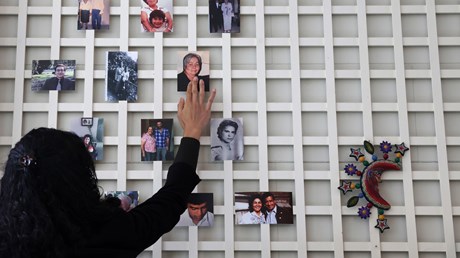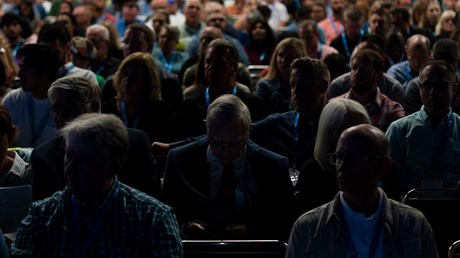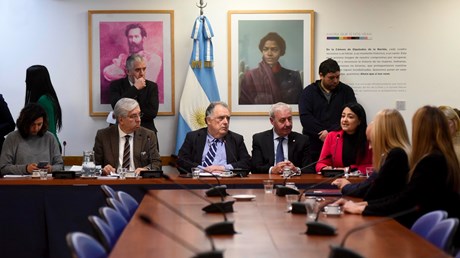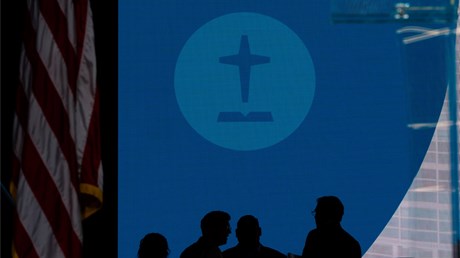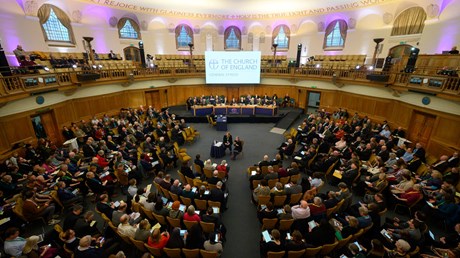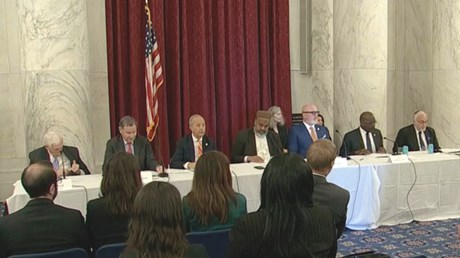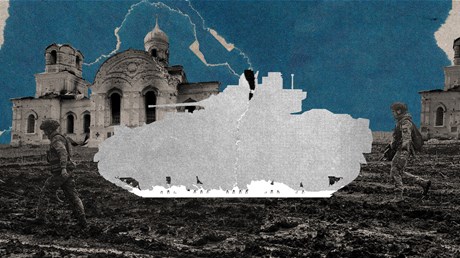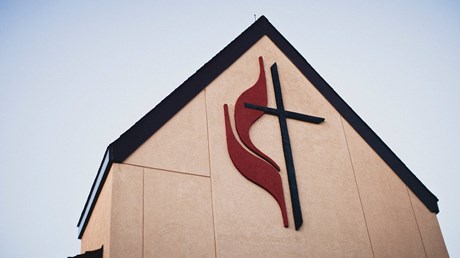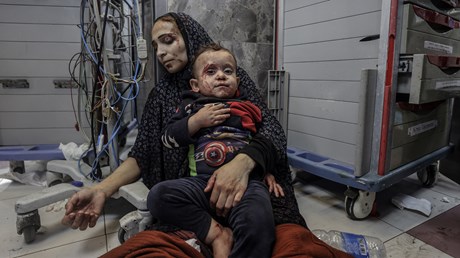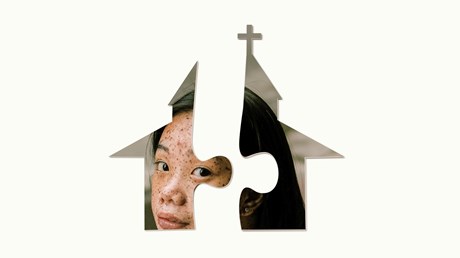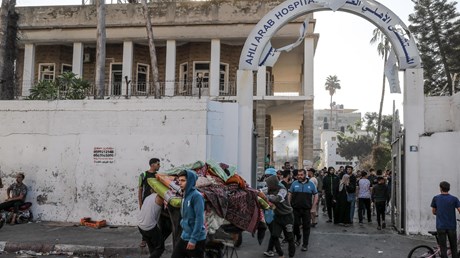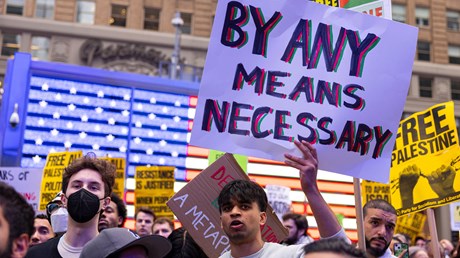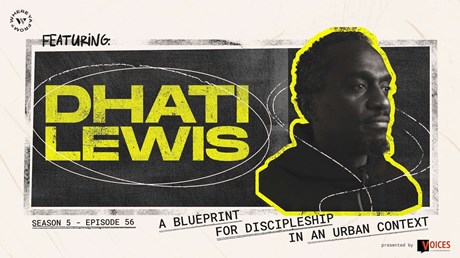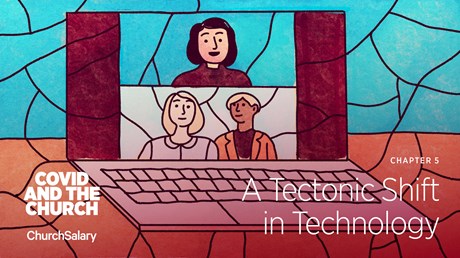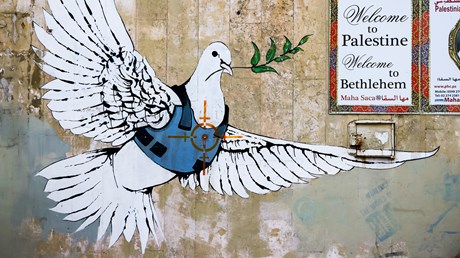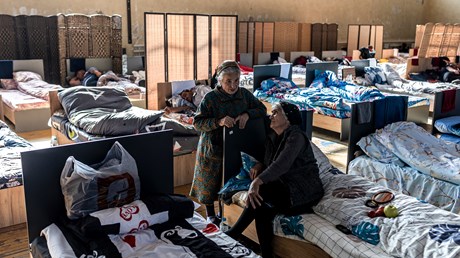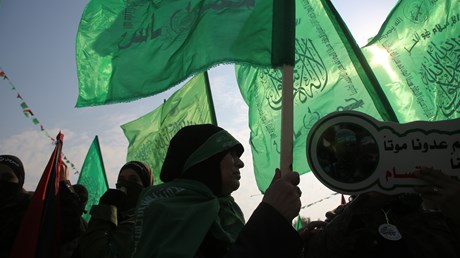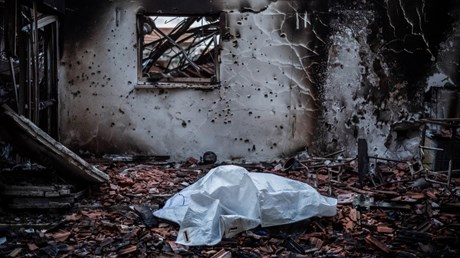Beginning next year, the largest Muslim country in the world will use the Bahasa name for Christian holidays.

The Indonesian government announced last month that it will stop using the Arabic term for Jesus Christ—Isa al Masih—when referring to Christian holidays and will instead use the Bahasa term Yesus Kristus beginning in 2024.
The change will alter the names of three national holidays: the Death of Isa al Masih (Good Friday), the Ascension of Isa al Masih, and the Birth of Isa al Masih (Christmas).
Many Christians are excited about the change as they have long used Yesus Kristus in their worship and everyday lives. They see the move as indicating that the Muslim-majority country is recognizing their terms and respecting Christians, who make up 10 percent of the population with 29 million believers.
Saiful Rahmat, deputy minister for religious affairs, noted that Indonesian Christians requested the name change.
“All of the Christians in Indonesia are supporting this [change] to show that our reference to Isa al Masih in the calendar year actually refers to Jesus Christ,” said Budi Santoso, director of Kartidaya (Wycliffe Indonesia). He and other Christian leaders noted the importance of the name change, as it would differentiate the Jesus Christians worship from the description of Isa in the Quran, where he is seen as merely a prophet.
Yet some believers fear the change could be the beginning of increased legislation over the terms Christians are allowed to use in Indonesia, leading to problems like Malaysia’s former ban preventing non-Muslims from referring to God as Allah (the ban was later struck down after a protracted legal battle).
They worry that if Indonesia goes on to ban the term Isa al Masih, this could hurt contextualized ministry to Muslims, as the connection between Isa in the Quran and ...
from Christianity Today Magazine https://ift.tt/UJxyANb
